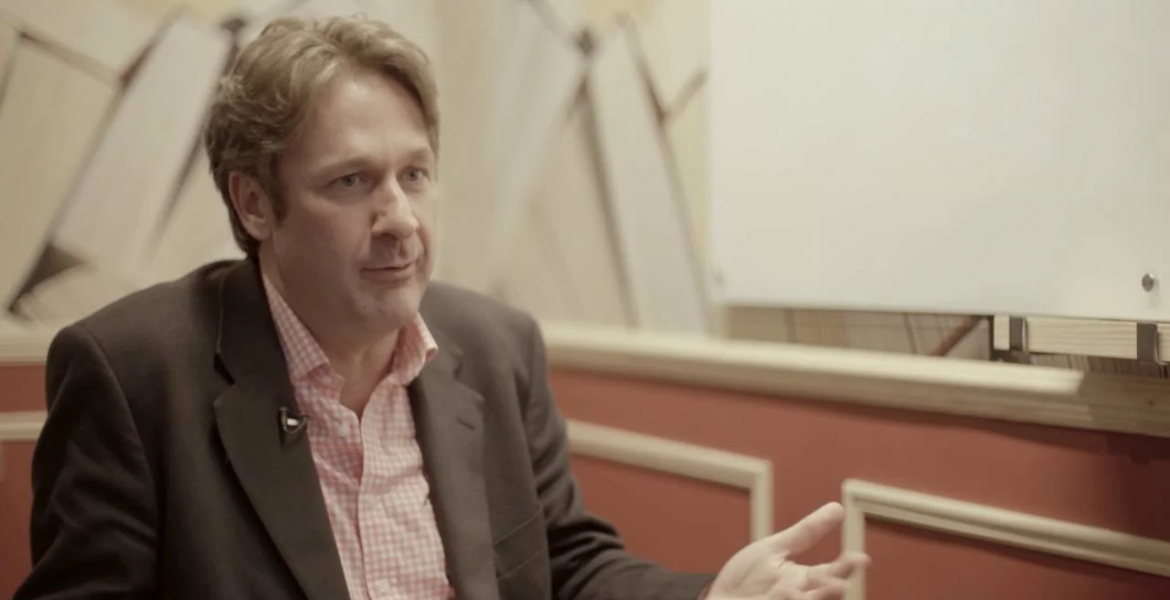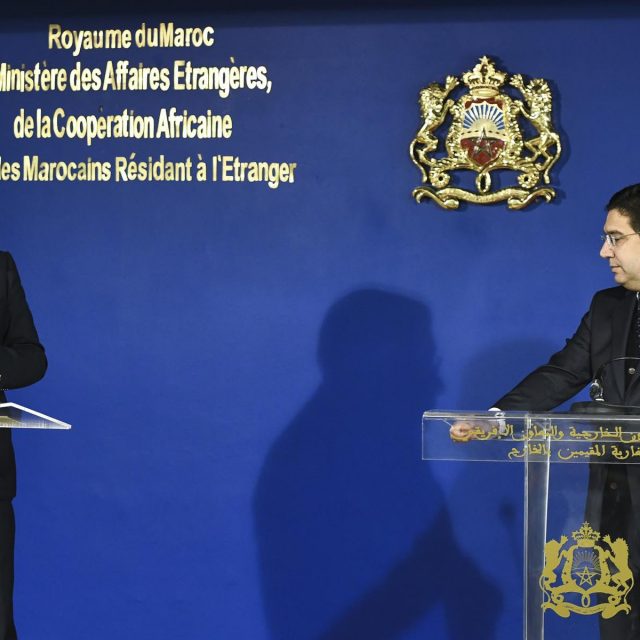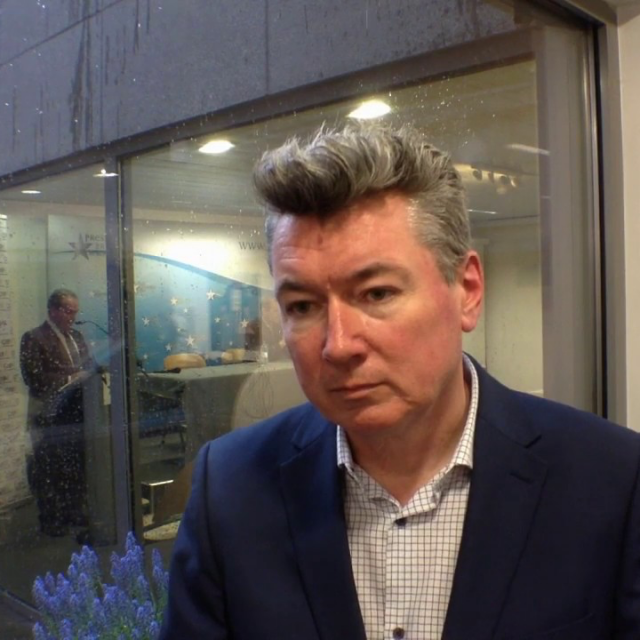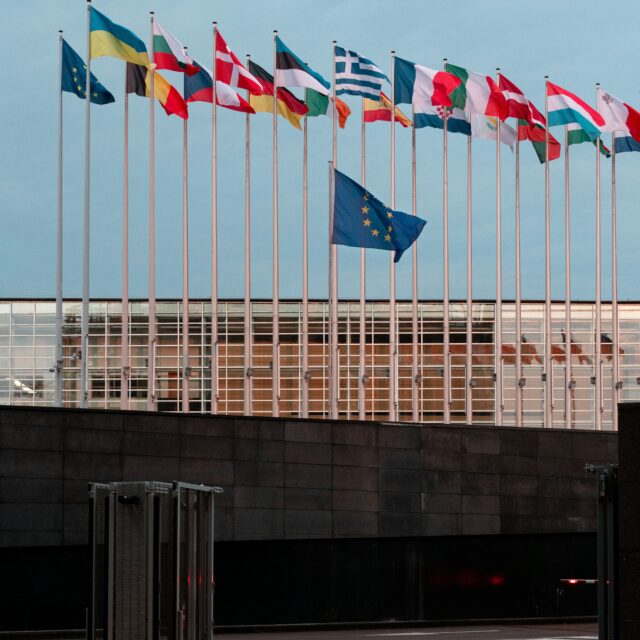Central Asian countries like Kazakhstan have been urged to forge “ever closer” relations in order to see off the potential threat from “belligerent” neighbours.
This was one of the messages from foreign policy expert John C. Hulsman who was speaking at a Brussels conference on Kazakhstan and Central Asia.
Hulsman, a Board Member of the Aspen Institute Europe and the founder of John C. Hulsman Associates, has also authored a major new report, “Kazakhstan offers the West a Strategic Opportunity”. The report is published this month.
The report sets out the assorted “opportunities” he says the huge landlocked country offers the West, including the EU and its member states.
Speaking at the event at Brussels press club, he said, “These are opportunities and positives, not negatives. That is the approach we in the West should take.”
Speaking exclusively to this website, he also urged the Central Asian states to seek closer relations with each other “which is all the more important given that they are surrounded by their sometimes belligerent neighbours such as Russia and China.”
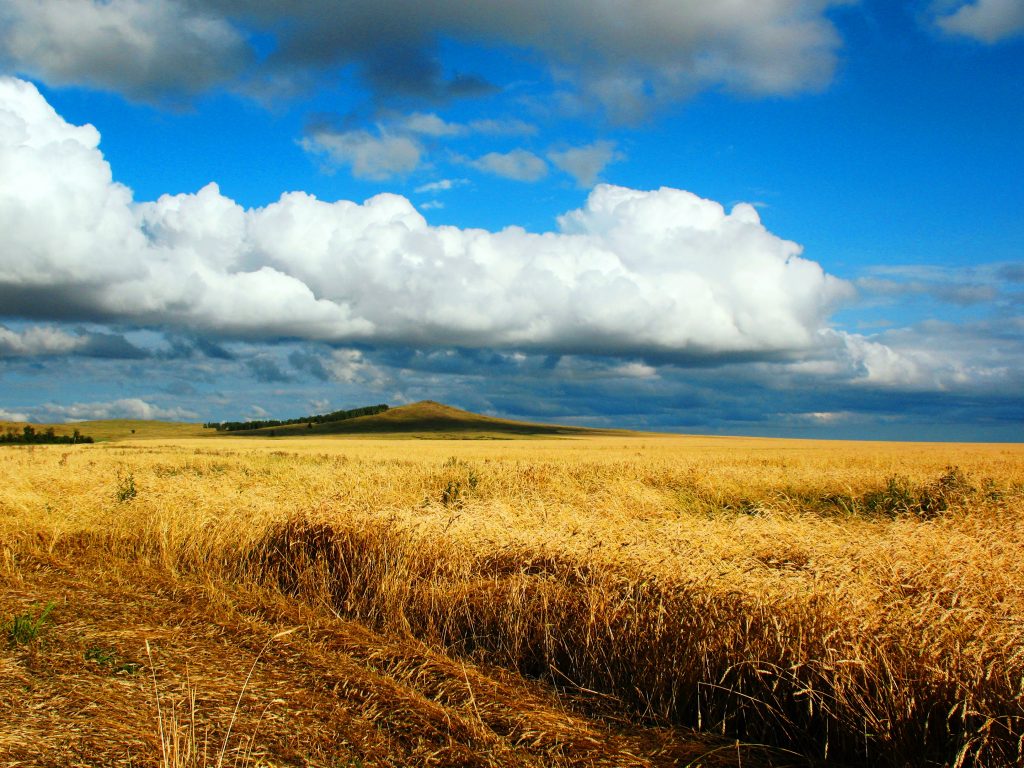
Grain export potential
He said that, rather than form a Central Asian Union, the various CIS states would be best advised to “do more together” such as tackling the issue of water security, one of the most critical challenges facing the region.
“Each of these nations are jealous of their sovereignty and independence so this would stop short of a formal Union,” he noted.
Asked also about Russia’s reaction to Kazakhstan’s efforts to become more independent and assertive, he said, “Yes, I think Russia has reacted badly to this. President Putin thought it would fall into line over the war in Ukraine and he was not ready for Kazakhstan’s response and its multi vector approach to its foreign policy.”
Asked if the country should move in a West or East-wards direction, he replied, “It does not have to choose between the two, West or East. Today, the world is truly global and Kazakhstan can look both ways, West and East. That is, in a way, what makes Kazakhstan so interesting. This is an open door.”
But he warned, “Its future has to be grounded in realism.”
He was speaking at an event organised by the Energy, Growth, and Security Programme (EGS) at the International Tax and Investment Center (ITIC), a Washington-based policy-focused non-profit organisation, on Kazakhstan’s “vital and evolving role in contemporary geopolitics.”
His report also makes reference to the fine diplomatic line currently being tread by the country, stating, “Despite its traditionally close ties to the Kremlin, the country has surprised the world, resolutely refusing to align itself with Moscow over the invasion of Ukraine. Importantly, Kazakhstan has neutrally offered its diplomatic offices to broker a peace deal, even as it refuses to recognize the two breakaway Russian-speaking Ukrainian provinces, Luhansk and Donetsk, as separate countries as the Kremlin desires. Instead, Kazakhstan has clearly called for Russia to consider dialogue and peaceful settlement of the war, publicly (and bravely) noting its close ties to both belligerents. Nur-Sultan (the capital) chose to abstain in the crucial UNGA vote condemning the Russian invasion. To put it mildly, this is not what President Putin expected to happen,” it says.
The report goes on, “Going even further, President Tokayev has decisively stated that he is cooperating with President Zelensky of Ukraine in coordinating humanitarian programs, while at the same time urging President Putin to consider an immediate cease-fire. Tokayev has kept his country’s traditional, multi-vector foreign policy intact—stressing Kazakhstan’s strategic autonomy, despite the overwhelming pressures of a war in Ukraine. This policy, which has seen Kazakhstan–though geographically finding itself in a very rough neighborhood–maintain positive relations with great powers the EU, US, Russia, and China, and good relations with India, Pakistan, Iran, and Israel, is no mean diplomatic feat.”
Kazakhstan, says the report, has had many achievements over the first 30 years of its independence.
This, says the report, includes its “strong” economic performance, far outpacing that of its CIS neighbours.
The report adds, “This can best be seen in terms of its Foreign Direct Investment (FDI) record, as President Nazarbayev made the country the magnet for FDI in the whole of the Central Asian region. Fully 70 percent of the total foreign investment for Central Asia settled in Kazakhstan during the president’s long term of office. Massive oil fields of Tengiz, Kashagan, and Karachaganak, to mention just a few, and the pipelines linking them to the world markets via Russia and China, were developed with tens of billions of dollars of mostly U.S. investment.”
The detailed report also speaks of Kazakhstan’s massive economic potential, of which “there is no doubt.”
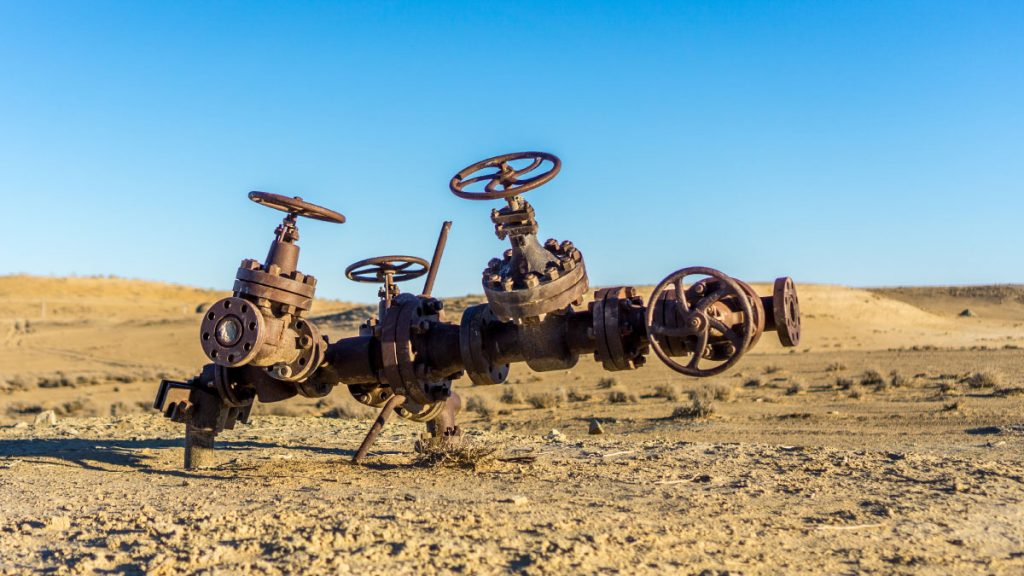
“For instance, it has the world’s 12th largest proven oil reserves (approximately amounting to 30 billion barrels in total), with oil output trebling since 2001, to 1.8 million barrels per day (bpd), and trending upwards. Given the grievous need for Europe to find new, safer sources of supply in the wake of the Ukraine war, Kazakhstan amounts to a vital future oil source for a West sorely in need of energy diversification.”
He states, “Kazakhstan endured serious difficulties as recently as this past January, but now, however, the country presents us with real opportunity, if we in the West can but creatively grasp it.”
It concludes, “Instead of ostracizing or neglecting Kazakhstan at this critical juncture, for all these decisive realist reasons it is entirely in the West’s interests to diplomatically ‘lean in,’ supporting Kazakhstan as it follows through on its reform agenda. It may seem obvious (though sadly it is not) that when a longstanding ally, through the pressure of overcoming internal crisis, is committed to doing precisely what the West urges it to do, more (and not less) strategic support is both the proper and the practical foreign policy response. Kazakhstan is that rarest of things: a viable strategic opportunity in need of being grasped by the West.”
In his speech at the press club on 23 June, Hulsman, a former journalist, said he wanted to focus on “the positives and opportunities, not the negatives” about the potential offered by Kazakhstan.
Despite grim global events such as the war in Ukraine, he said, “We should not be cowering in our bunkers. The great story here about Kazakhstan is a positive one.
Apart from its economic growth and rising stature in geo politics one of the “positives” was that the West “is more united more than ever before around a common policy about China and Russia.”
He cautioned, “But much of the rest of the world, including the developing world, is hedging. Everyone assumed when the war in Ukraine started that Kazakhstan would fall into line with Russia but it has not done this. The Kazak president has been respectful but also made it clear his country is not fully in line with what Russia is doing in Ukraine.”
This, he said, was an example of the country’s “multi vector approach” to foreign affairs, adding, “it is all about saying ‘yes, we live in a rough neighbourhood so we want distance from all the great powers.’
“It is saying that Kazakhstan wants to engage with everyone. Its president has done a great job in saying he wants to work with Russia and China and others in the region and to be on the table with these without being on the menu of any of them.”

